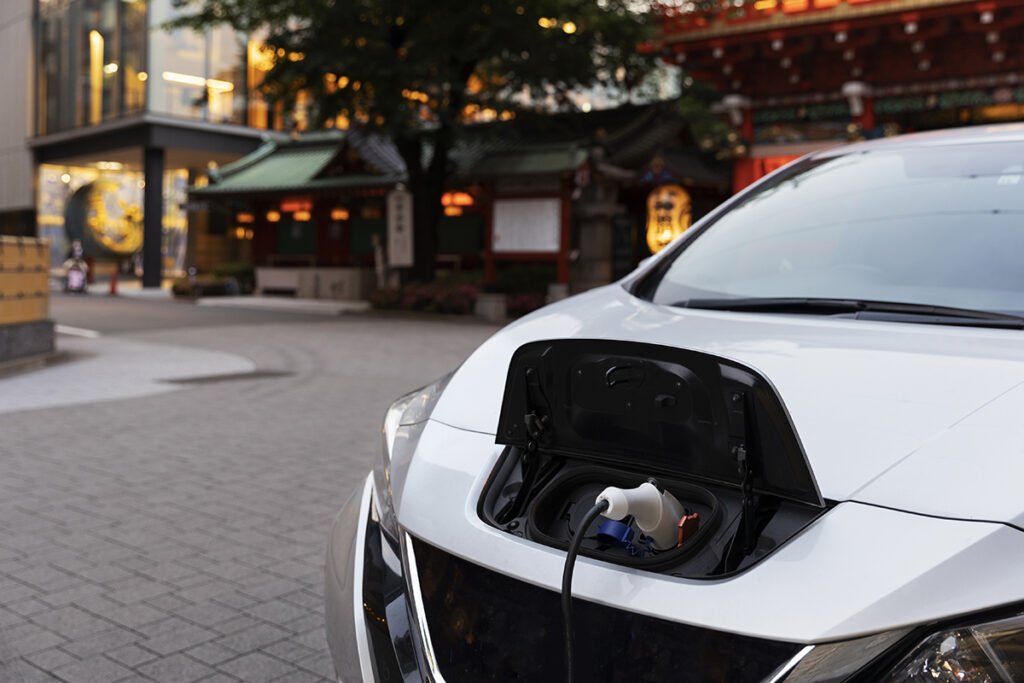In a significant move signaling the diversification of Chinese technology giants into the automotive sector, Xiaomi has recently unveiled its first electric vehicle (EV), the SU7 sedan. This development comes just days after Huawei, another tech heavyweight, launched its Aito M9 SUV, demonstrating a growing trend among tech companies venturing into the electric vehicle arena.
Xiaomi, primarily known for its smartphones and consumer electronics, is expanding its horizon with a substantial commitment to the electric vehicle market. The company has announced an ambitious investment plan, injecting $10 billion into a dedicated subsidiary over the next decade. This venture is aimed at developing smart electric vehicles, a move that aligns with the global shift towards sustainable transportation.
The debut of Xiaomi’s SU7 sedan marks a new chapter for the company. With this launch, CEO Lei Jun has set an audacious goal for Xiaomi to rank among the top five global automakers within the next 15 to 20 years. The company’s foray into electric vehicles is not just about expanding its product line but also about redefining its brand identity in the automotive sector.
Xiaomi’s aspirations are high, with the SU7 sedan being positioned as a competitor to established luxury electric cars like Tesla’s Model S and Porsche’s Taycan Turbo. Despite the initial challenges faced in the development process, Xiaomi has managed to produce a vehicle that they believe rivals the performance and technological advancements of these premium models.
The car’s impressive features and potential have caught the attention of industry experts. Mark Rainford, a Shanghai-based automotive industry commentator, has lauded Xiaomi’s electric car for its compelling performance and technological integration, particularly its seamless connectivity with Xiaomi’s smartphones. This synergy between different product lines is a strategic move by Xiaomi to leverage its strength in consumer electronics within the automotive sector.
While Xiaomi has not yet revealed the pricing of the SU7 sedan, it is anticipated to be in the higher range, indicative of its positioning as a luxury product. This strategic move targets a different market segment, pitting Xiaomi directly against the likes of Porsche and Tesla.
In parallel, Huawei’s launch of the Aito M9 SUV adds to the dynamism of the Chinese auto market. The six-seater vehicle, priced at approximately $66,500, boasts premium features such as a cinema-style projection screen and massage seats, emphasizing luxury and comfort.
These latest developments underscore the increasing competitiveness in China’s auto market, which is the largest in the world. The recent price war and high inventory levels reflect the fierce competition among automakers, with new entrants like Xiaomi and Huawei intensifying the race.
The entry of Xiaomi and Huawei into the EV market not only diversifies their product portfolios but also signals a shift in the automotive industry, where tech companies are increasingly becoming significant players. Their foray into this sector is a testament to the evolving landscape of mobility and the growing intersection between technology and transportation.


